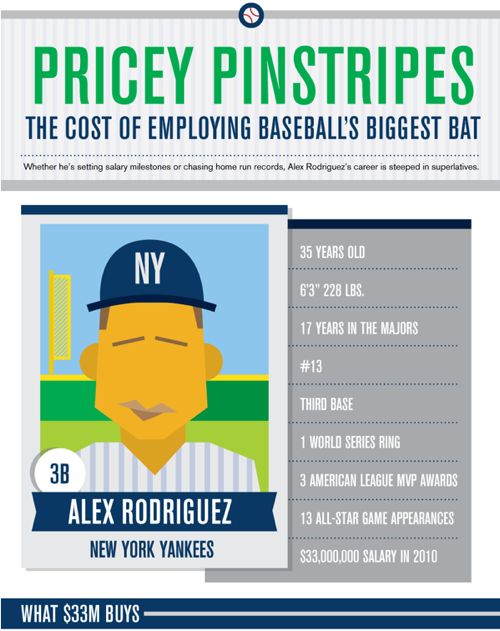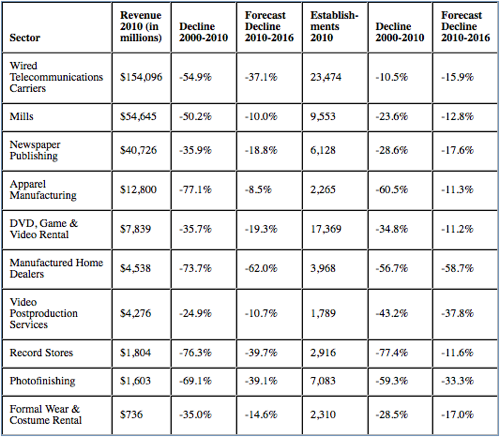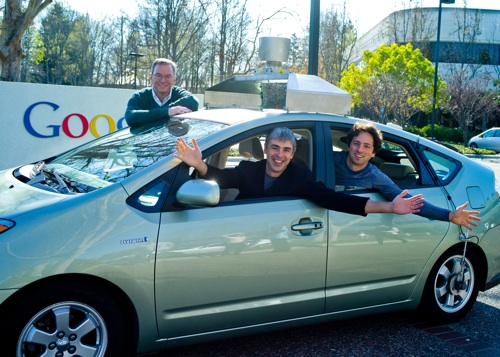
It’s hard for anyone to stay true to themselves when they’re pulled in a million different directions by their adoring fans. (See: every celebrity breakdown in history.) But it’s especially hard when you’re a publicly-traded company.
Publicly-traded companies have a legal obligation to put the interests of their shareholders first. And often that means making money the fast and easy way instead of the most ethical way.
But there are actually two ways to judge a company’s success: the bottom line tells you how much money the company has made. The triple bottom line tells you how much good the company has done – for people and the planet – while it made that money. As a socially-responsible investor, you can choose to put your money behind companies that focus on the triple bottom line, which benefits shareholders AND the rest of the world.
Learn more about socially-responsible investing (SRI).
There’s a great opinion piece in the NYTimes that talks about how good companies can navigate the complicated world of hostile takeovers and shareholders’ rights while still staying true to their mission and values. For example, Ben & Jerry’s ice cream company, because of its obligation to shareholders, was forced to sell to an international corporation (Unilever). While the acquisition didn’t totally destroy the company’s founding principles, it sure wasn’t the same company after that.
What would you have done if you were Ben (or Jerry)?







